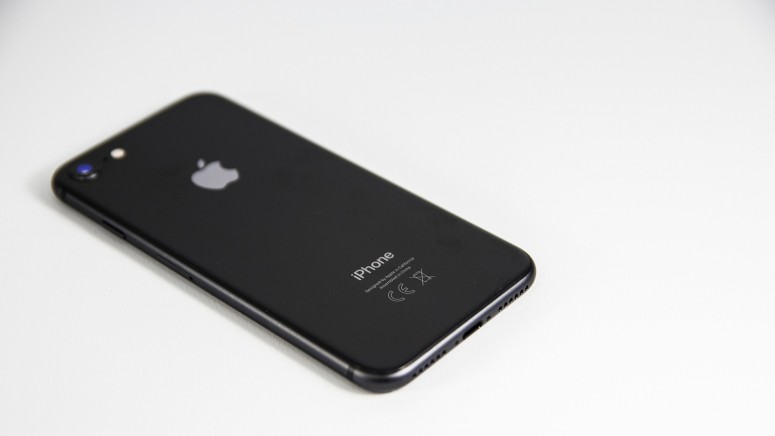
Apple Agrees to Use Qualcomm Chips for Its iPhones in Germany
- Apple will be ditching Intel chips in favor of Qualcomm ones to get its iPhone ban lifted in Germany.
- A German court had banned the sale of iPhone 7 and iPhone 8 in the country in December 2018.
- Despite the settlement between both companies, a number of international lawsuits are still pending globally.
Apple and Qualcomm have been caught in a legal battle against each other for months. The iPhone maker has given up on fighting Qualcomm in Germany according to a report and has agreed to use the Chinese chipmaker’s processors for part of its iPhone lineup. The iPhone 7 and 8 series devices will be updated to include Qualcomm processors in the country.
Apple was accused by Qualcomm of leaking trade secrets to Intel for the disputed iPhones. The Cupertino tech giant initially contracted Qualcomm for the iPhone 7 and 8 but switched its contract to Intel, which led to the legal dispute between both companies. The Chinese chipmaker claims that Apple is responsible for patent violations and has also received support from a German court.
The Qualcomm patent in question is of a feature that helps preserve battery life while using cellular data. The German court that sided with Qualcomm had ordered Apple to stop selling the disputed devices in the country. The chipmaker had also paid $1.5 billion in security bonds to ensure the ban was implemented. However, an agreement between both the companies is seeing the ban being uplifted.
Even though both companies have sorted it out among themselves in Germany, the legal battle between Apple and Qualcomm is far from over. Both companies still have pending lawsuits in other countries, and it will be a while until all of them are resolved.
The dispute between both companies is not limited to hardware alone. Recently leaked emails revealed that the iPhone maker has had issues with Qualcomm over software licensing as well. It led to the iPhone maker making its own chipsets instead of relying on other manufacturers.
What do you think about Apple agreeing to use Qualcomm chips for the iPhone 7 and 8? Let us know in the comments below. Don’t hesitate to like and subscribe on our socials on Facebook and Twitter for more news stories like this one.









